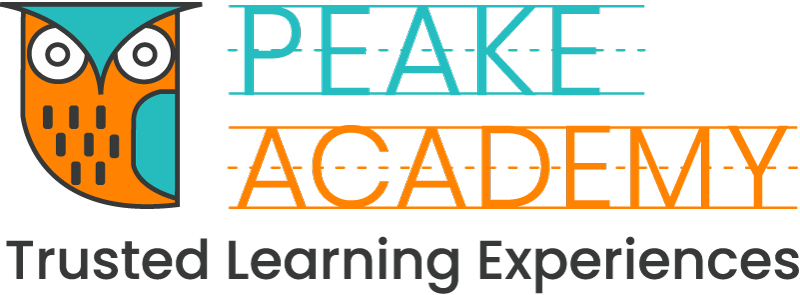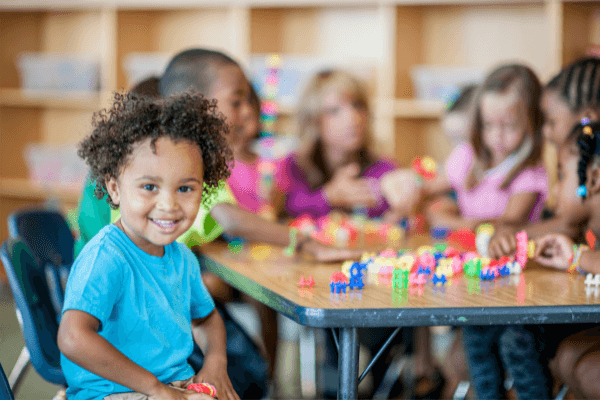3 Keys to Teaching Your Child Mindfulness
You don’t truly know until you become one. Parenting is hard and at times challenging work. Feel as if the days are long but the years are short. Experiencing with your child so many ages and stages. Navigating through like you’re hanging on for dear life. Maybe some days just trying to survive your child’s “preschool season”.
Mindfulness
Becoming fully aware of what’s happening in the present moment. In today’s fast-paced world, it’s easy to miss what’s going on around you.
Many people go through the motions of their daily routines without being fully aware of what’s happening around them. Whether they’re distracted by something that happened yesterday, or they’re worried about something that might happen tomorrow, they’re missing out on what’s happening right now.
“Research shows mindfulness skills benefit kids’ brains and improve their behavior. Their attention spans improve. They also enjoy better mental health, and they become more resilient to stress.”-National Alliance For Mental Health
Mindfulness is more than just a parenting tool. It’s a way of life practice, and it may support your child (and you!) beyond just meltdowns or sibling frustrations.
Benefits from mindfulness, bringing a gentle, content, and grounding attitude to the present moment. It can help your child and parents too, by cultivating happiness and relieving stress.
“In one small study on 25 children ages 9 to 13, researchers found a link between attention issues and behavioral issues. To test what might be an effective way to ease these issues, they provided the kids with mindfulness-based cognitive therapy in a group setting. The results showed that the mindfulness techniques may have the power to increase focus and — at the same time — reduce issues with anxiety and emotional regulation.”
Early Habits
Children are naturally intuitive and particularly suited to benefit from mindfulness practice. Forming habits early in life shape their behaviors in adulthood, and with mindfulness, as parents and caregivers, there is an opportunity to give our children the habit of being peaceful, kind, and accepting.
The way the brain develops is one of the reasons why mindfulness is so effective for children. Our brains are constantly developing throughout our lives, experiences in the environment, and intertwined in family generations. Creating connections in the prefrontal circuits at their fastest rate during childhood. Inner awareness as in mindfulness promotes abilities that are controlled in the prefrontal cortex, like focus and cognitive control, which can impact the development of skills including self-regulation, judgment, and patience during childhood.
Modeling Mindfulness
Walking your talk. The best way to teach a child to be mindful is to embody the practice yourself. Parents and caregivers are their child’s first mindfulness instructors. This means you have to learn it yourself.
Children are always observing their parents’ body language and listening to voice tone. How problems are solved, how one handles self refection and emotional self-regulating.
Slowing Down Multitasking
We have a general understanding that multitasking is a good thing because we get many things done in a short amount of time. However, it contradicts the mindful parenting definition itself. We live almost half of our lives on autopilot, seeing nearly everything as just tasks to fulfill.
To keep up with your new routine, using a schedule or calendar might help. Even with preschool at-home learning or after-school enrichment, schedule your and your children’s day and keep track of them both. You can teach your children responsibility, the importance of focusing on tasks, and the value of time. As well as practicing and setting the example of mindfully respecting your time and others people’s time.
Here are some great reads for your and your child to enjoy!
Thank you for reading this content. Subscribe to our Weekly Newsletter. We occasionally send resources of great value and freebies and we would love to send them to you for free!
Start the day with a positive mindset with these Printable Cards of Positivity!
Visit our Parent Advisor and The Buzz Blogs to learn more about related topics and parenting tips. You are welcome to join our private Parent Advisor Facebook group. It’s a growing community of parents and preschool teachers where you can learn and share more parenting tips.


